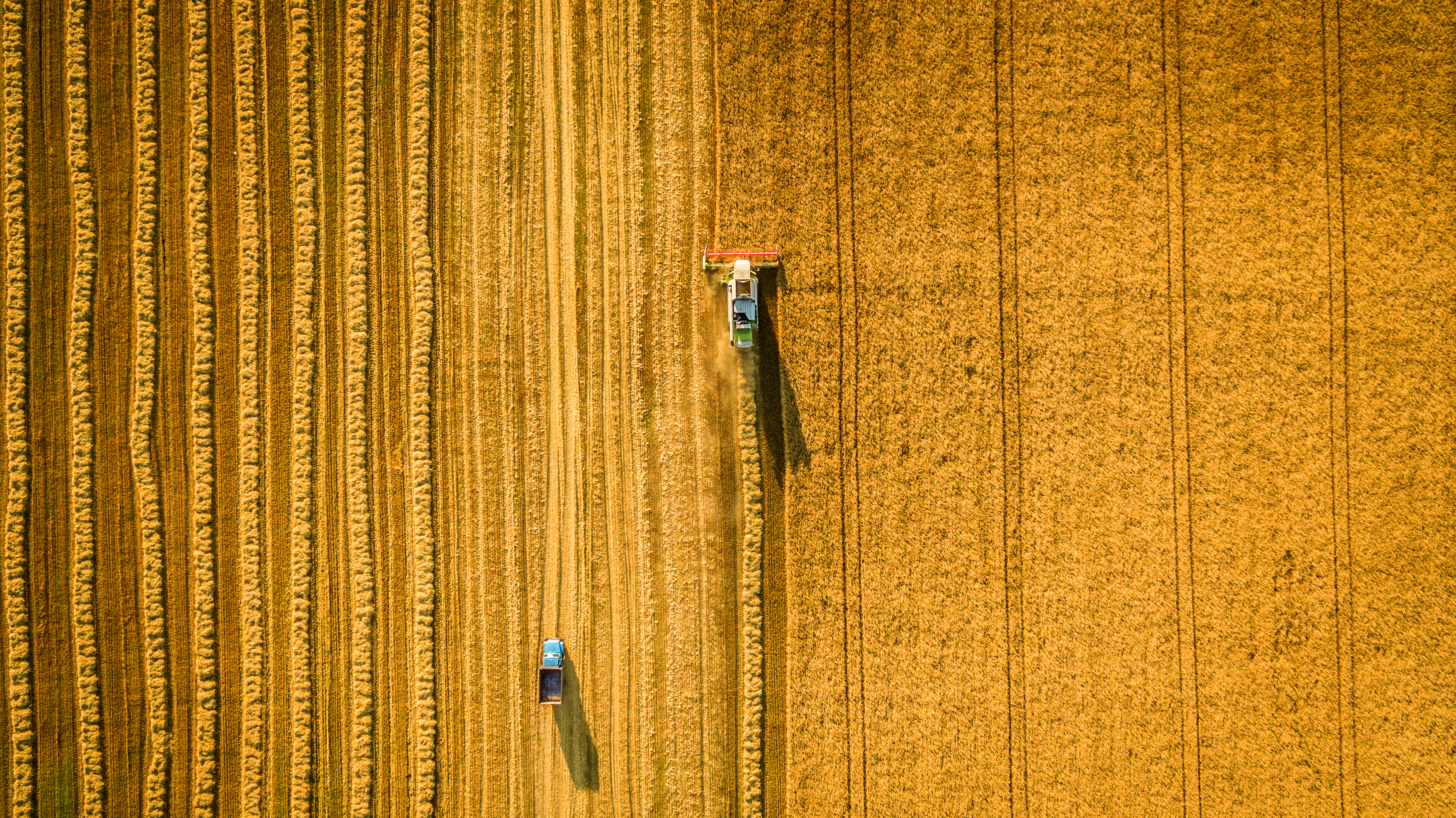Managing your supply chain for business continuity

The COVID-19 pandemic demonstrates vividly the vulnerability of our value chains to risks, whether climate and sustainability-related, reputational or quality, like product recalls. How do we rethink them to increase resilience and ensure business continuity?
Vulnerable
Many value chains are based on outsourcing and just-in-time logistics. Under the current crisis – with borders closed and emerging resource scarcity due to a reduc…
Did you think it would be this easy? Nope! Just register. It’s free! Lorem ipsum dolor sit amet, consectetur adipiscing elit. Ut cursus turpis vel cursus ullamcorper. Sed ante mi, finibus eget porttitor a, tincidunt ac dolor. Vivamus ornare semper lorem, consequat commodo lectus elementum vitae. Cras id mattis urna. Donec rutrum dignissim lacinia. Duis ultricies sapien at ipsum tincidunt.
Sed in iaculis elit, sit amet convallis felis. Pellentesque non justo lectus. Donec sollicitudin lorem in sapien euismod varius at vitae mi. Maecenas ut elit ac risus consectetur vulputate. Praesent vel orci ante. Curabitur egestas dapibus nisi ac laoreet. Nullam a lacinia libero, non fringilla nisl.
You’re out of free articles,
register for unlimited access